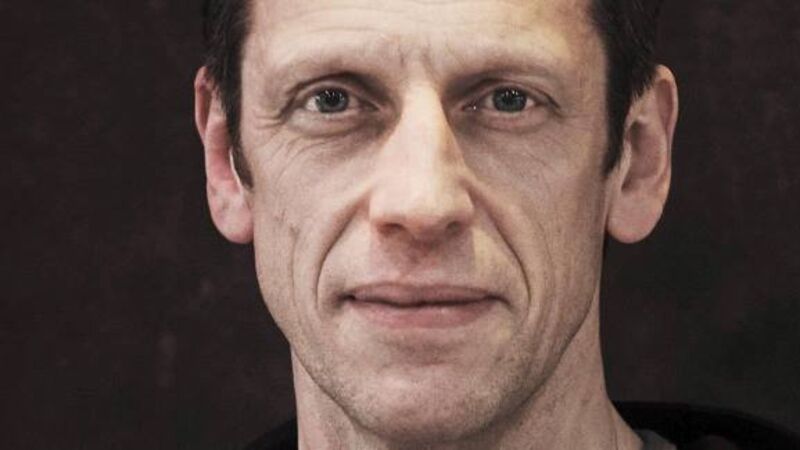Reviews

Writer Michael West is best known for his work with Corn Exchange, and particularly for Man of Valour, in 2011. Much was expected of Conservatory, and West delivers. What is extraordinary about this new play is how much it differs from his other work: Man of Valour featured a single character and no dialogue; Conservatory is a conversation between two people, an elderly husband and wife.
Stephen Brennan, as He, and Deirdre Donnelly, as She, are both entirely plausible. He is a drunken know-all, She is the long-suffering spouse who should have left him long ago. Brennan captures both the bravado and vulnerability of a well-bred boor who has never made much of himself, while Donnelly plays with consummate conviction the decent woman stuck in a joyless marriage.











